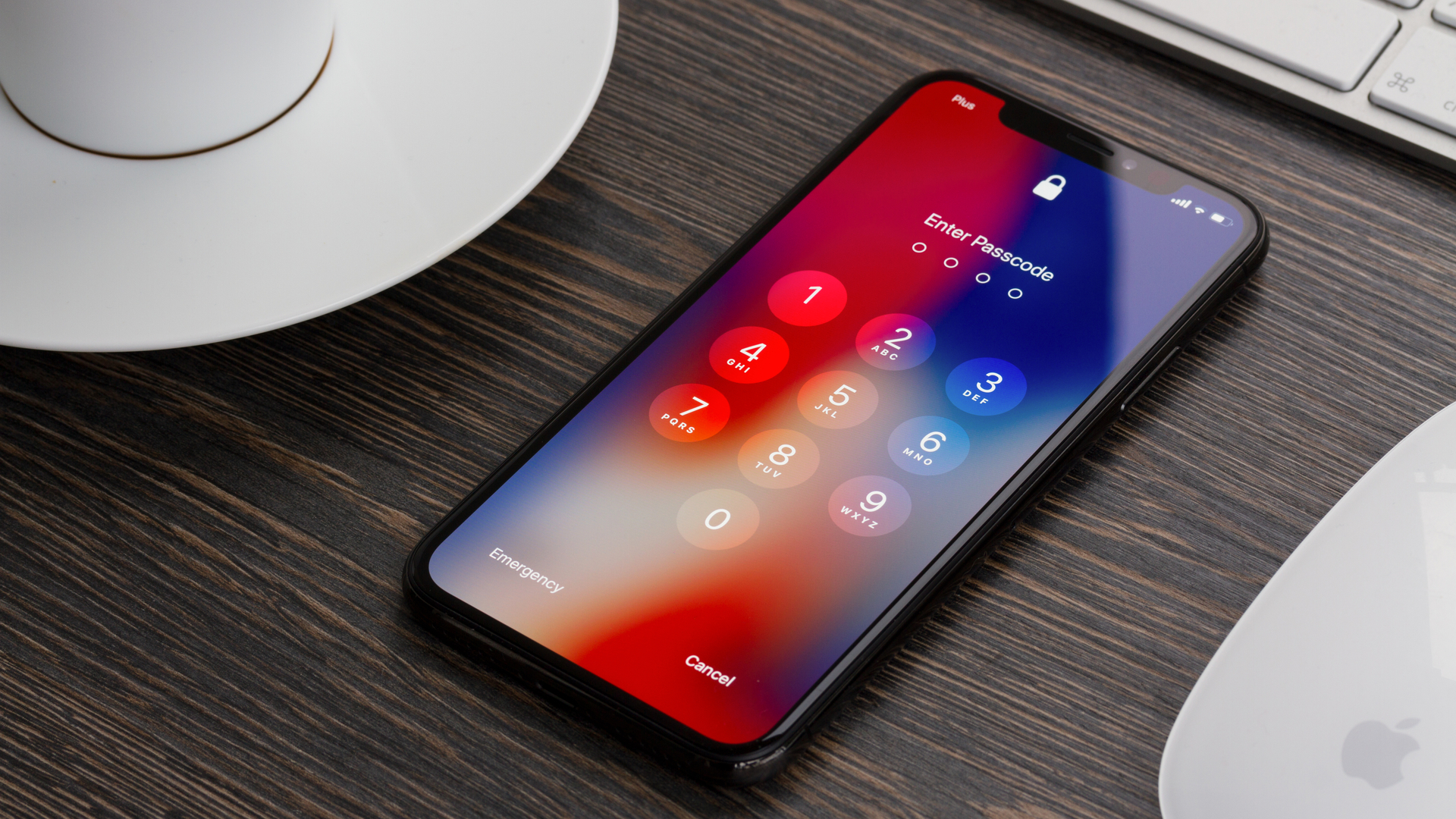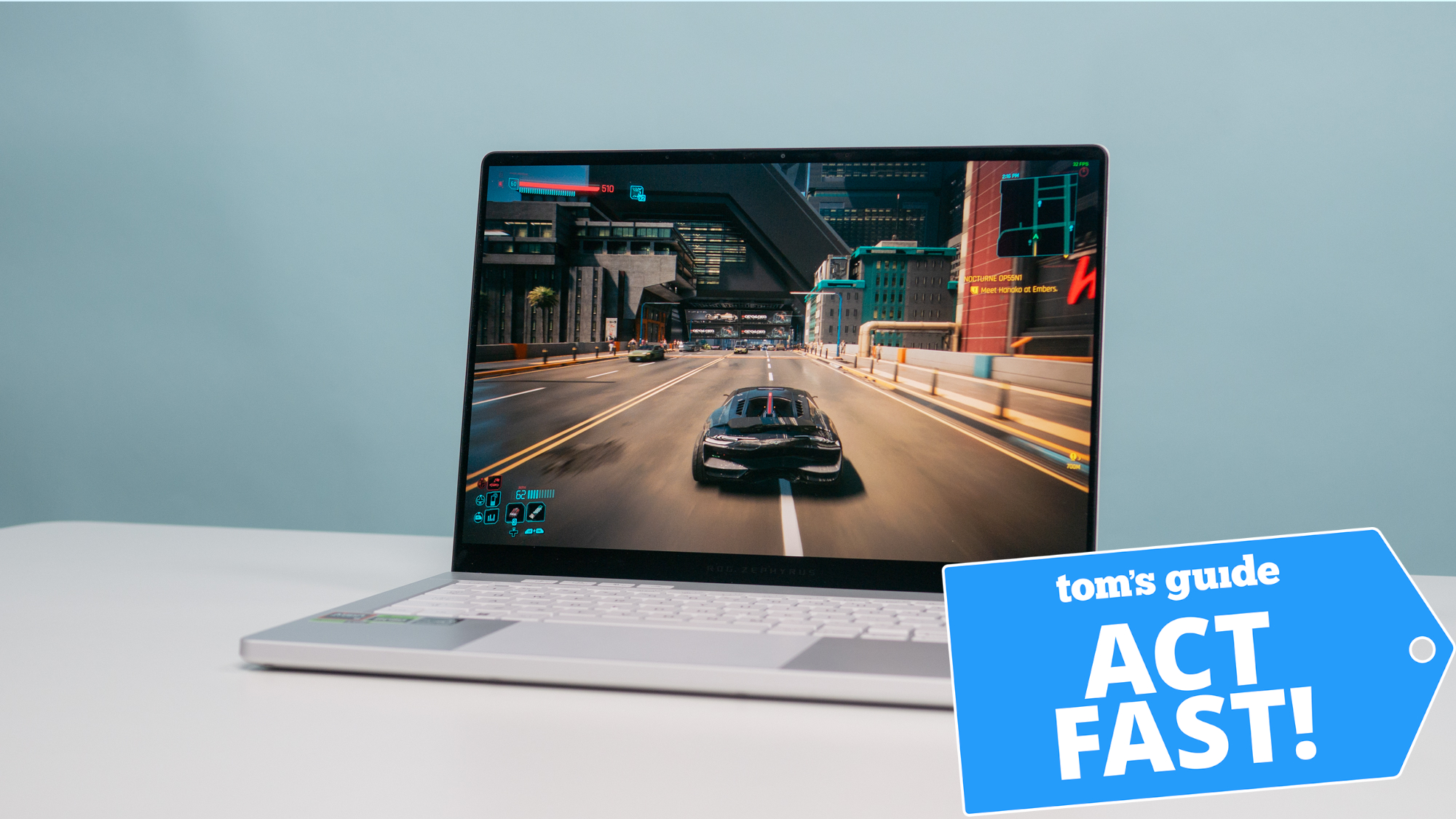Why you need an iPhone VPN
iPhone VPNs are a virtual requirement for secure, private mobile browsing.

Your iPhone is your gateway to the internet. You use it to browse websites, chat with friends, do online banking, and order goods online. Therefore, it should concern you that people can potentially spy on your internet traffic. We recommend using the best iPhone VPN that you can while using your iPhone online.
VPN stands for virtual private network. When you use one of the best VPN services, your internet traffic is strongly encrypted so no one can see what you’re doing online. In this article, we outline three reasons to use an iPhone VPN and how to choose the right one for your needs.
Unblock streaming services with an iPhone VPN
One of the most popular uses of a VPN is to view Netflix content that’s only available in certain countries. Switch on your VPN and choose a country, and you can then watch any movie or TV show that you want on your smartphone. Also, if you’re on a network that blocks streaming traffic from Netflix, you can switch on your VPN and view the content unhindered.
An iPhone VPN keeps your internet usage private
Often, when you send data back and forth online, it’s visible to the intermediary companies that power the internet. When you send an email, for example, the header, subject, and recipient of the email are often sent in plain text, so a company or government snooping on traffic can get a good idea of whom you’re communicating with and why.
This is particularly important to consider for mobile devices, like an iPhone. You typically only use your desktop computer within your home, but you take your phone everywhere, connecting through many different networks. When you’re connected to unfamiliar networks, such as those in coffee shops or malls, you can’t trust everyone else on the network to not snoop on your internet activities.
You should use an VPN on your iOS device whenever you connect to the internet on a public network. When your data is sent across a virtual private network, it’s encrypted, so a third party can’t tell what you’re sending or receiving.
Your internet browsing is more anonymous when you use a VPN
When you use your iPhone’s web browser to visit a website, the owner of that website can see your IP address, which is a unique identifier that makes it easy to trace which internet service provider you use and where you are in the world.
Sign up to get the BEST of Tom's Guide direct to your inbox.
Get instant access to breaking news, the hottest reviews, great deals and helpful tips.
Switch on your VPN, and your internet connections will appear as if they’re coming from the VPN server location. No one will be able to trace your location or identify you from your internet connection alone.
Which VPN should I choose for my iPhone?
A good VPN for an iOS device must be secure, versatile, easy to use and have great connection speeds. VPNs with servers in multiple countries are useful when you want to unblock content only available in certain regions.
ExpressVPN is the best iPhone VPN available.
ExpressVPN is the #1 VPN for iPhone. With 3,000+ servers in 94 countries, it's got a huge network, and it delivers great speeds all over – and can even unblock streaming services like Netflix, iPlayer, Peacock, Hulu and more.
ExpressVPN also has one of the strongest levels of security that we’ve ever seen on a VPN, and no logs are stored of your browsing activities. There’s even a Privacy and Security Tools menu on Android, so you can check that your IP address is hidden and that you don’t have any DNS leaks. It’s easy to recommend ExpressVPN as the top Android VPN overall.
You'll have 24/7 live chat support for the unlikely situation that anything goes awry, and you'll also get a 30-day money-back guarantee to test it out. On top of that, Tom's Guide readers can claim three months free on an annual plan. What's not to like?
Richard is a technology writer with over 20 years experience in website development, marketing, and SEO. A graduate in Computer Science, he has lectured in Java programming and built software for companies including Samsung and Walmart. Richard writes for TechRadar, IT Pro, Tom's Guide, and PC Gamer.


